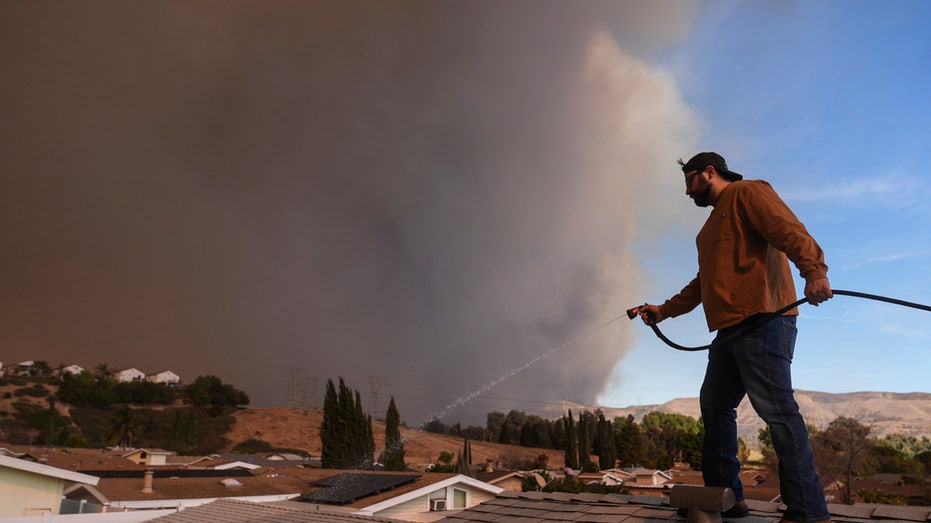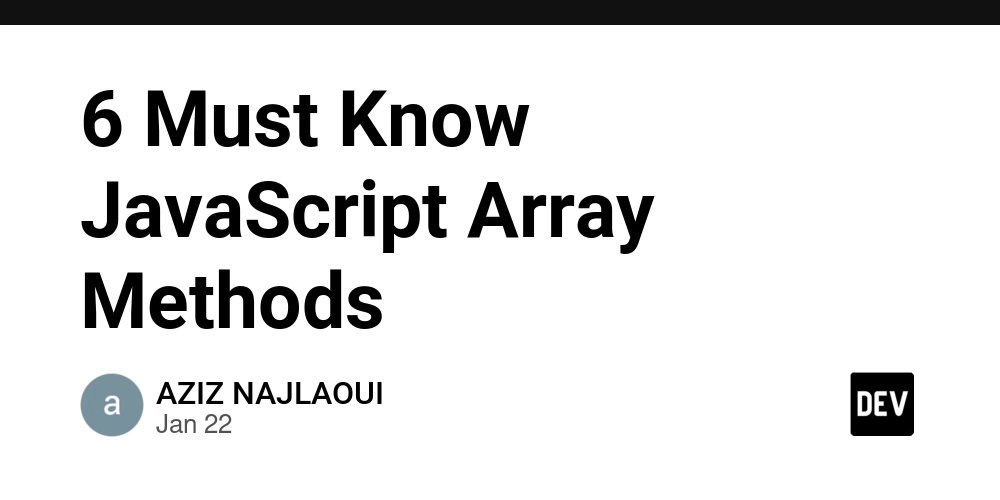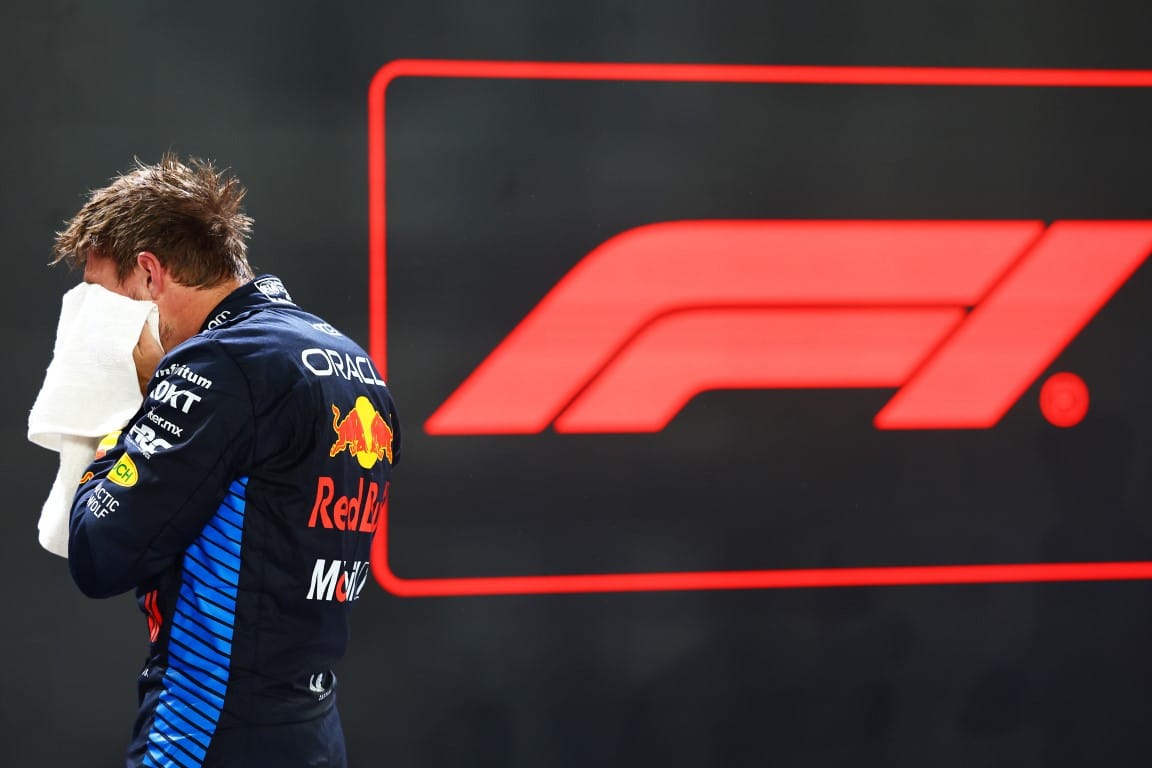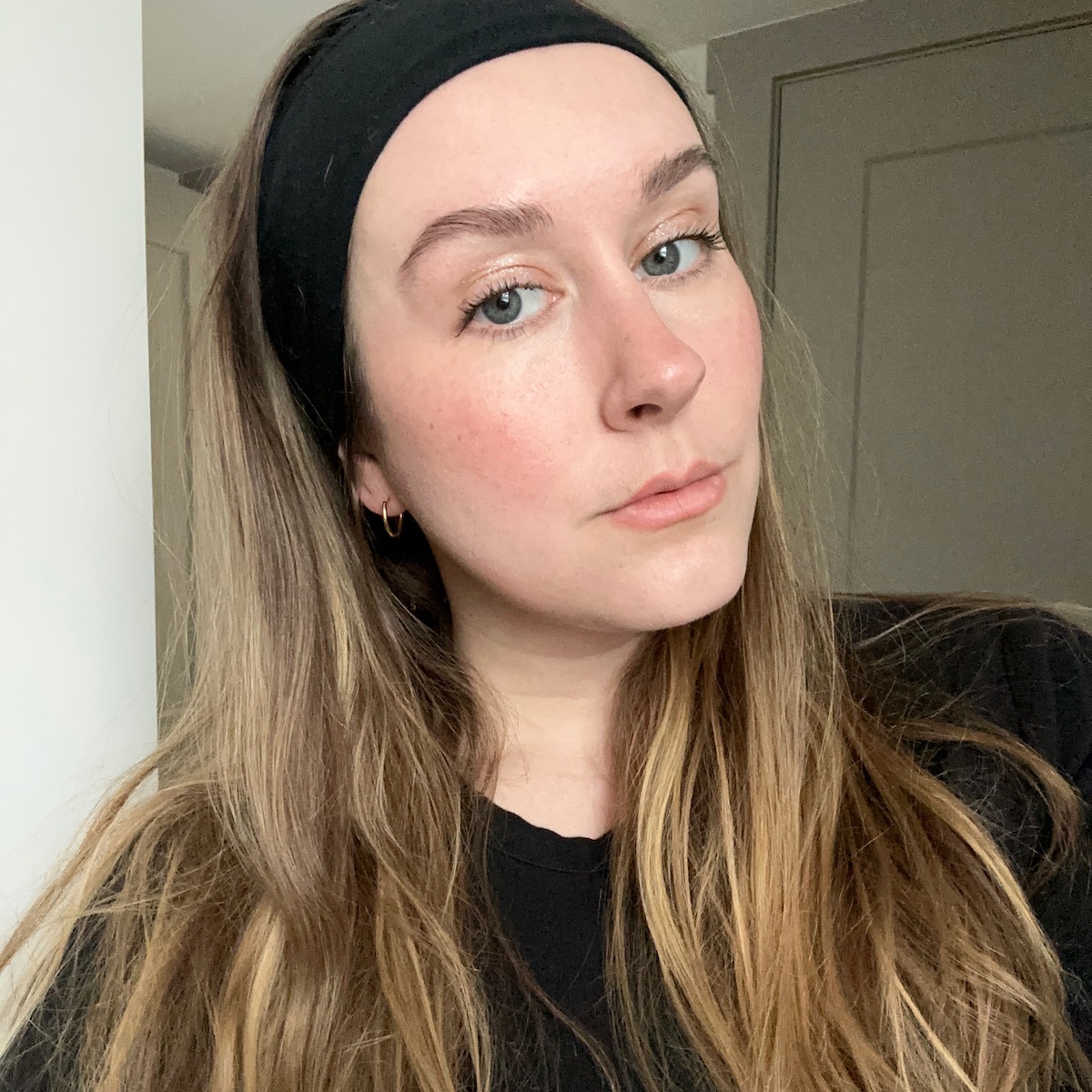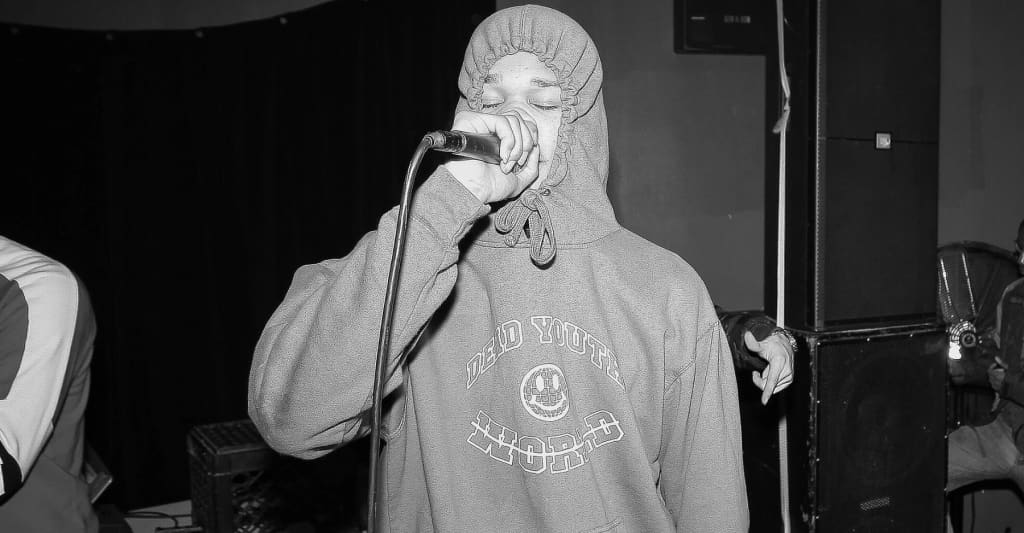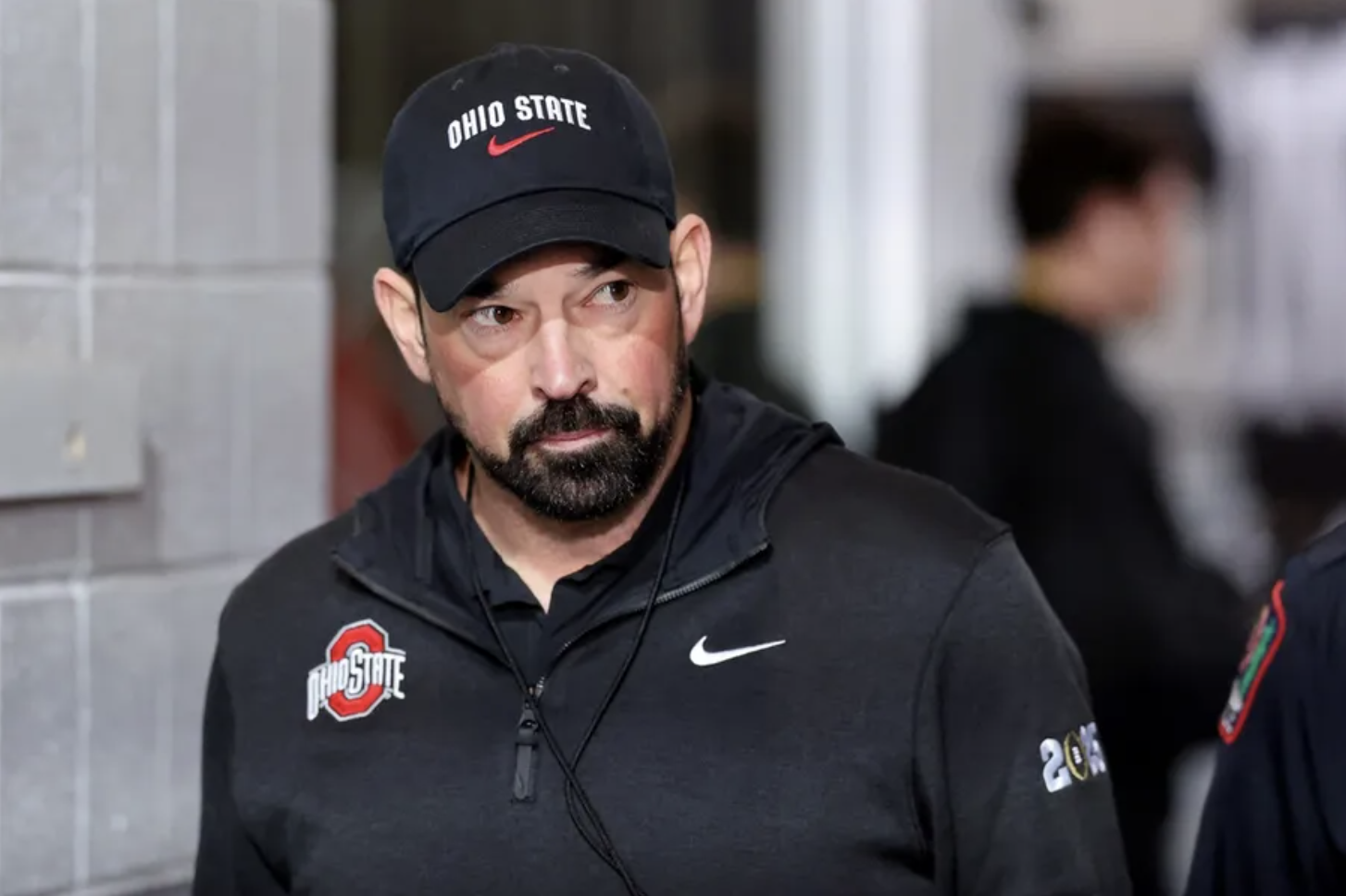Collusion grievance ruling is out, and no one is talking about it
During the 2022 season, former NFL Players Association executive director DeMaurice Smith strongly hinted during an appearance on #PFTPM that a collusion grievance was coming over the refusal of the league's teams to give certain veteran quarterback fully-guaranteed contracts.

During the 2022 season, former NFL Players Association executive director DeMaurice Smith strongly hinted during an appearance on #PFTPM that a collusion grievance was coming over the refusal of the league's teams to give certain veteran quarterback fully-guaranteed contracts. The next month, the grievance was filed. The process has run its course, and a ruling has been issued.
And no one is talking about it.
Not a word. Not a peep.
As best we can surmise, based on the limited information we've gathered, is that the grievance failed. That would explain the silence, in two ways.
First, if the union had won, the union would be saying so. While confidentiality applies to the process, there's no confidentiality as to the result.
Second, the NFL is renewing the push for an 18-game regular season. Discretion in this specific instance becomes the better part of valor (I have no idea what that saying means, but I've always liked the sound of it). Why kick the NFLPA at a time when the union seems to dealing with internal disarray? By passing on the opportunity to crow, the NFL helps maintain a spirit of cooperation that could lead to an agreement to expand to 18 games, sooner than later.
There's another interesting wrinkle at play. Article 17 of the Collective Bargaining Agreement, which sets forth the rules regarding collusion and the procedure for proving it, includes a provision that makes the losing party potentially responsible for the other side's legal fees.
Here's the language, from Article 17, Section 15: "In any action brought for an alleged violation of Section 1 of this Article, the System Arbitrator shall order the payment of reasonable attorneys’ fees and costs by any party found to have brought such an action or to have asserted a defense to such an action without any reasonable basis for asserting such a claim or defense. Otherwise, each party shall pay his or its own attorneys’ fees and costs."
If the arbitrator found that the NFLPA brought the action without a "reasonable basis" for doing so, the union will end up with a bill for the legal fees incurred by the NFL in defending against the entire action.
It would be at least $1 million. And it would come at a time when the union recently landed on the wrong side of a $7 million judgment for its breach of its contract with Panini.
Efforts will continue to find out what happened. There's a chance that, in the end, the union not only incurred significant legal fees in pushing the claim but also ended up with an obligation to refund the NFL for all reasonable legal fees that it incurred in fending off the claim.
However it plays out, the union will likely have to disclose the liability (if there is one) in its publicly-filed reporting regarding income and expenses.
What's Your Reaction?







